 |
| April 24, 2020 |
Dear Reader,
Most, if not all, of us will eventually have to take some kind of coronavirus test. Watch our video for an explanation of the science behind how those tests actually work. Speaking of testing, the first at-home coronavirus sample collection kits are being rolled out. Health and medicine editor Tanya Lewis and diagnostic expert David Walt discuss the benefits and limitations. And our main story is about a study that sheds light on how a glucose metabolism pathway may lead to the deadly "cytokine storms" seen in influenza—and possibly COVID-19 as well. Today we're also celebrating the 30th anniversary of the Hubble Space Telescope. Its discoveries and iconic images forever changed the way we see our universe. Read a special birthday message below. |
| | Sunya Bhutta, Senior Editor, Audience Engagement
@sunyaaa | |
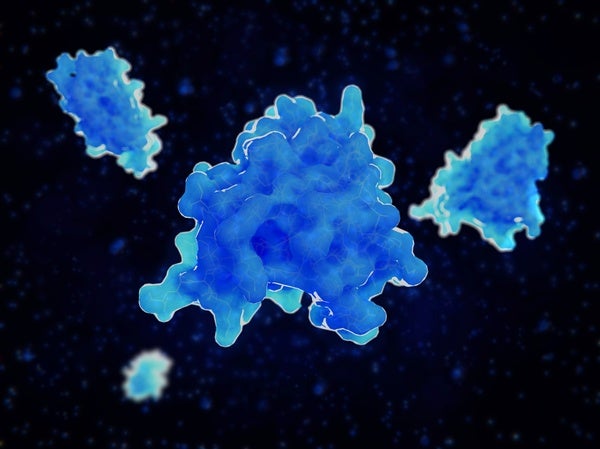 |
| |
| |
| |
| |
| |
| |
| |
| |
| |
| |
| |
FROM THE STORE
 | | Unlocking Happiness Take control and retrain your brain to achieve a happier, healthier state of mind. In this eBook, we examine aspects of daily life that affect mood such as perception, social support and time management and offer approaches shown to boost contentment, including reframing negative events, increasing resilience through self-compassion and practicing mindfulness. |  | | |
| |
FROM THE ARCHIVE
 | | | |
| QUOTE OF THE DAY
 "The best part of exploring the universe is that I've been able to share those images with you." The Hubble Space Telescope | |
LATEST ISSUES
 |
| |
| Questions? Comments?  | |
| Download the Scientific American App |
| |
| |



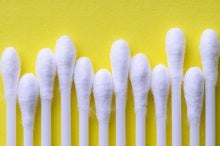
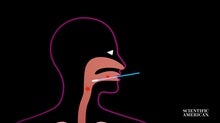
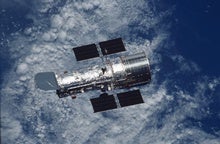
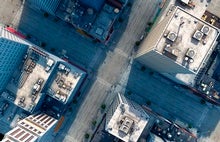
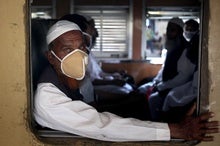
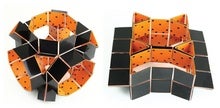
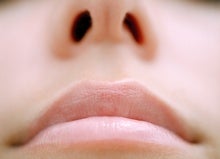
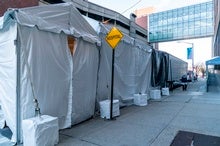
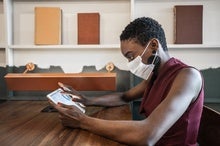
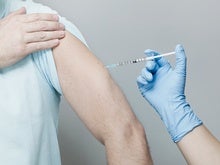
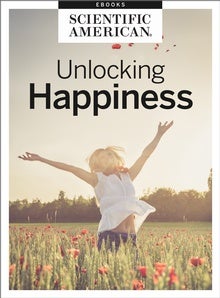

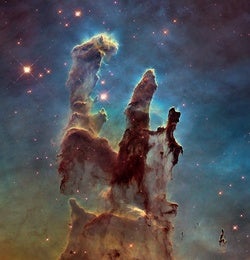
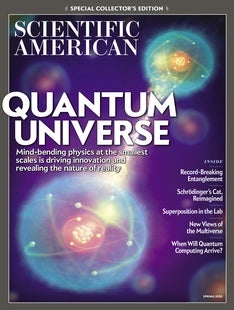

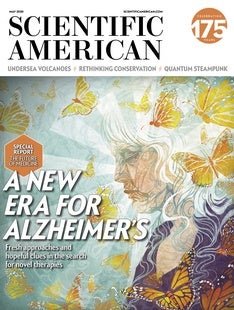
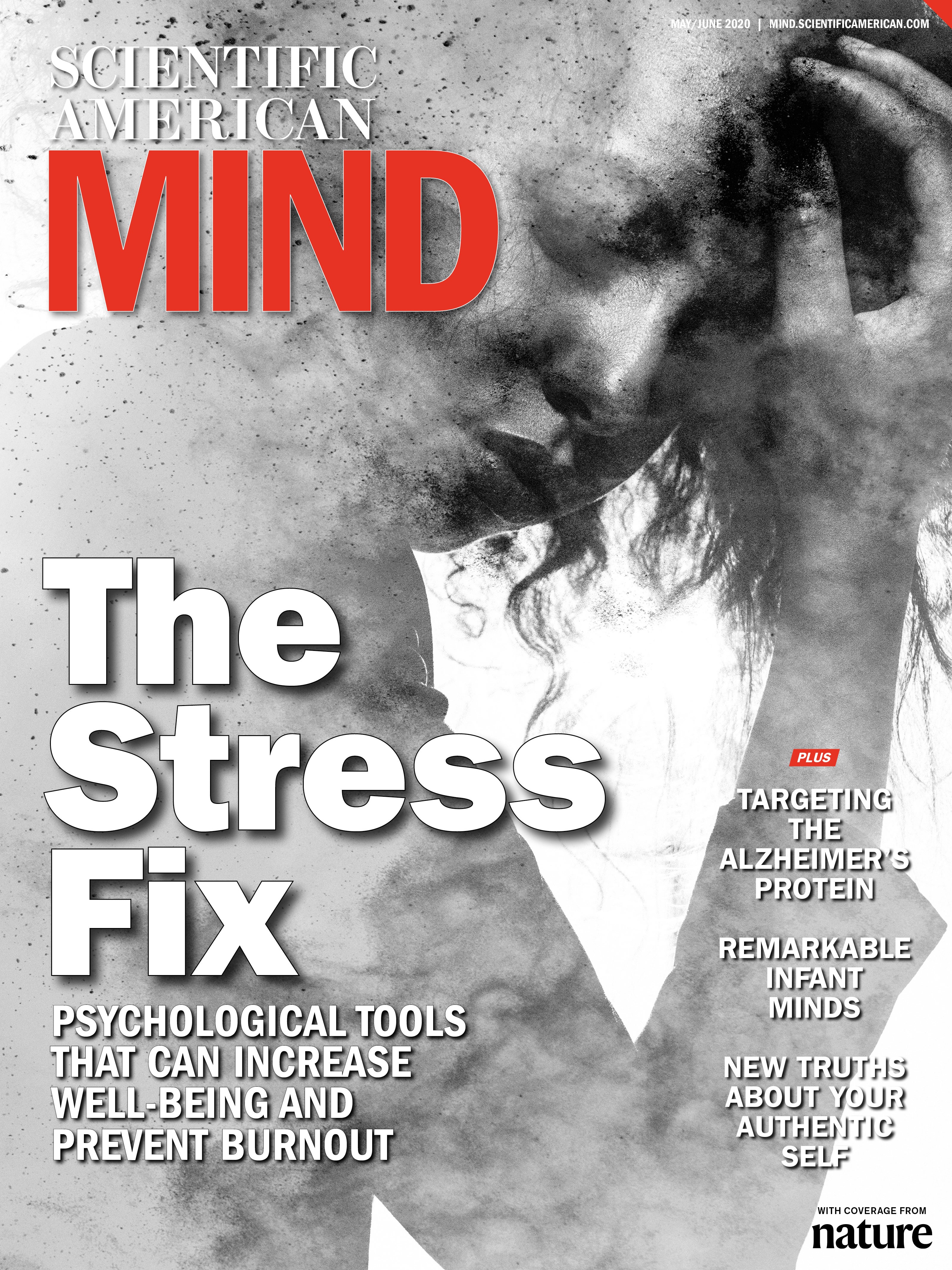
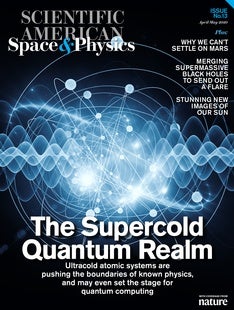



Comments
Post a Comment